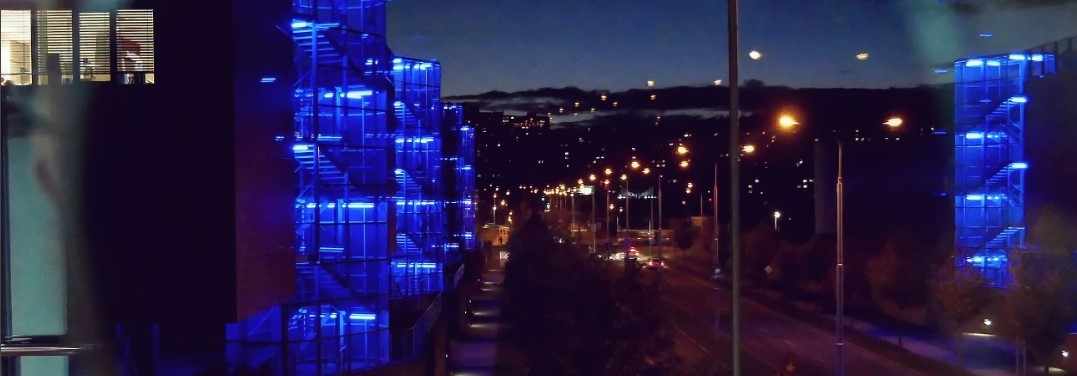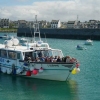This is my main project to which I devoted most of my scientific effort. As introduced in the My work tab, the ROS-responsive smart materials were natural continuation of the studies from my PhD topic – the boronic acids and electrochemistry of (amino)ferrocenes merged together.
Reactive oxygen species (ROS) have been associated with cancer for long time. Both boronic acid and ferrocene are involved in the design and development of ROS‑related therapeutic agents. In this context, ROS-activated prodrugs are very promising because ROS represent the activating stimuli causing release of the appended active agent from the structure of the prodrug via interactions with boronic acid moieties. Iron atom in ferrocenes (especially in aminoferrocene) serves as a ROS inducer in cells, thus, it can produce enough ROS to kill the cell via ferroptosis (special kind of Fe-dependent apoptosis).
We did general research mainly in the synthetic material chemistry (NMR, EPR, MS, Raman, FTIR, UV-vis) and electrochemistry of new candidates for the ROS-responsive prodrugs to reveal new concepts of advanced drug delivery and release with low side effect toxicity as-designed. Some cytotoxicity of the ferrocenyliminoboronates as first model of ROS-related agents have been already tested with the result of their comparable cytotoxicity to other aminoferrocenyl prodrugs. Next effort should be devoted to reconsider responsive structures, preparation of new candidates acting via concepts of ROS-responsivity and further biochemical testing of their properties in cells.
If you like the concept of the ROS-responsiveness, have got a similar expertise in supramolecular, pharmacological or medical field and would like to collaborate, please, contact me or Dr. Lacina. We would like to find a partner with a background in microbiology for testing of some of our compounds with Mycobacterium tuberculosis.
ROS-induced drug release based on interactions of ferrocenylboronates
Code of project: 19-16273Y
PI at MUNI: Mgr. Karel Lacina, Ph.D.
Project period: 01/2019–12/2021






